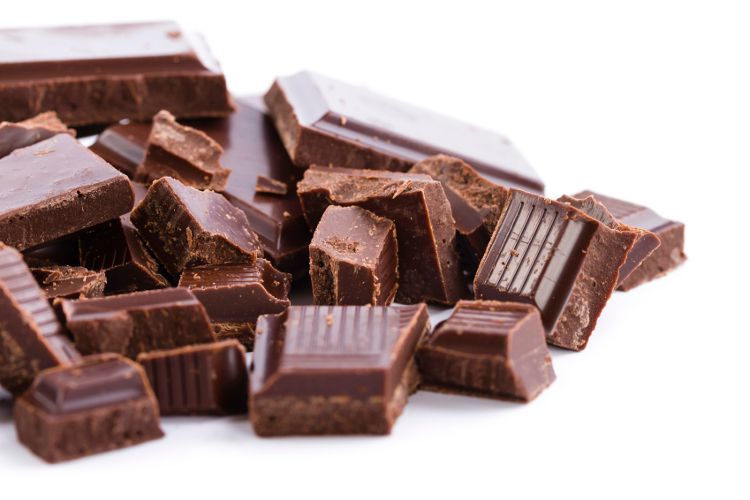Cocoa giant Olam Cocoa highlights new U.S.-produced cocoa powder, plus clean-label benefits of premium line
Olam International’s (Singapore) Olam Cocoa division was at June’s Institute of Food Technologists’ (IFT) Annual Meeting and Food Expo highlighting some of its clean-label premium cocoa powders along with the value powders produced at the company’s new U.S. plant.
Photo © iStockphoto.com/republica

Olam International’s (Singapore) Olam Cocoa division was at June’s Institute of Food Technologists’ (IFT) Annual Meeting and Food Expo highlighting some of its clean-label premium cocoa powders along with the value powders produced at the company’s new U.S. plant.
Last year, the company opened a new, 183,000-sq-ft cocoa powder manufacturing facility in Bolingbrook, IL, that focuses on producing some of the company’s “value” cocoa powders for the North American market, including natural (non-alkalized) and alkalized powders. (The cocoa-alkalizing process, also known as “Dutching,” is often performed to give cocoa powder a milder flavor compared to natural cocoa.)
At the IFT show, the company showcased these powders in a chocolate brownie sample featuring the H11NP natural cocoa powder from the company’s Huysman line. “The message here is that it’s very indulgent and delicious-the natural cocoa powder in there just really works,” said Wouter Stomph, North American head of product development and innovation, Olam Cocoa. “And it gives good value for the money. It’s not a premium powder, but a good-value-for-money powder.”
At the show, the company also highlighted the clean-label benefits of its premium, flagship cocoa powder brand, deZaan, which offers both alkalized and natural powders.
The brand’s TrueDark N11D cocoa powder was a highlight. The company calls it the “first ever natural, dark cocoa powder.” This dark, natural, non-alkalized powder “offers the same wonderfully rich flavor, color, and mouthfeel that, until now, could only be achieved with alkalized powders,” the company says. At IFT, the company showcased its TrueDark N11D cocoa powder in a pistachio oat granola bar. The company also highlighted the powder's clean-label appeal because it does not undergo alkalization, a process that some don’t consider clean label because it requires an alkalizing agent. “Developed with special processing technology, TrueDark is unique because it is a natural (i.e., non-alkalized) cocoa powder that can fully replace the alkalized cocoa powders typically used in ice cream, bakery, biscuit, and indulgent dessert applications,” the company says.
TrueDark can be listed on ingredient labels simply as “cocoa” rather than “cocoa powder (processed with alkali)”-wording that would otherwise be required in countries like the United States. (In Europe, alkali must be listed as separate ingredients.)
Another innovative product from Olam is a sodium-free black cocoa powder. Typically, black cocoa powders, or very dark cocoa powders, utilize sodium in the alkalizing agent they use. By contrast, Olam describes its new offering as “the first-ever nib alkalized black cocoa powder that provides superior sensory properties and color impact without any added sodium. With this no-sodium-added alternative, D11BK offers the option for a substantial sodium reduction in recipes and the ability to product health-conscious products that support permissible indulgence trends in categories ranging from biscuits and muffins to cereals, desserts, and ice creams.”
And, while clean-label concerns are key, taste is always paramount in the cocoa industry, said Stomph. “People are just coming back for, ‘Well, we tried to get rid of everything in there, but it turns out all our customers want is something that is absolutely delicious. So we kind of see a return to quality, I would say, where people are, like, ‘Actually, we do want the best-tasting cocoa powder because we want to have the best-tasting cocoa product.’ So taste is still the most important thing.”
2 Commerce Drive
Cranbury, NJ 08512
All rights reserved.